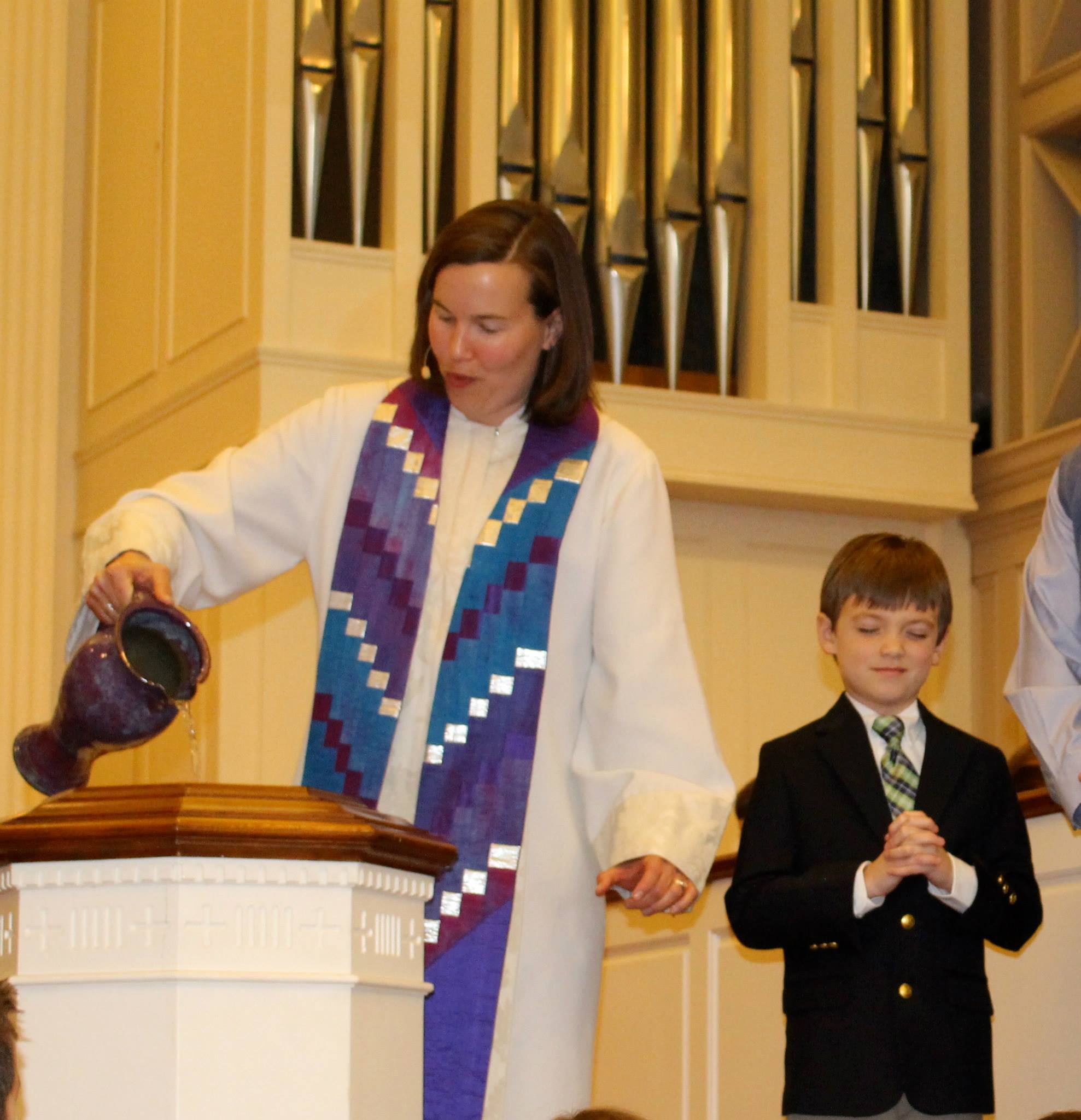With the EO, all authority of a priest comes from the bishop. It is really the bishop's authority, delegated to the priest. So to me this makes zero sense, but maybe you don't do things that way?
How can the bishop authorize female priests to...serve the Liturgy if he doesn't believe they can? What am I missing?
This might be one area where google is more likely to get you lost than to offer clarity, I suspect.
You are correct that all ministry derives from the bishop's authority. I do what I do as an extension, as it were, of the bishop's role (since he can't be everywhere at once). I hold my licence from the bishop, and he can revoke it at his pleasure (although in reality a licence is seldom revoked without very strong reason). And I have taken an oath to obey him "in all things lawful and honest." (And let me tell you, some days I have reason to ponder the limits of what that means!)
That said, there is also a sense in which, once licensed, I am understood to have a particular role within my parish which it is my place to fulfill (and which others are not supposed to interfere with), which is probably what
@PloverWing is reflecting. But note that a clergyperson who holds no licence to minister, or permission to officiate, from a bishop, has no authority to exercise any public ministry in the church at all.
So... how can a bishop authorise or license women to ministries that bishop doesn't believe they should hold?
There are, I think, several things in play. One is that even a bishop is not a law unto himself (I feel justified in just using masculine pronouns here). He takes an oath to be bound by the canon law of the diocese and the province etc. etc. So even if his personal opinion is not in favour, if the framework of canon law allows for women clergy, he cannot just ignore or overturn that on personal whim. Even a bishop exercises his ministry as a function of the church, and not independently from the rest of the church's life. (And to be honest, his objection cannot be
that absolute, because if it were he wouldn't have got to that point; he'd have converted to some other church which doesn't ordain women).
There's also some nuance here in that there are two quite different lines of objection to women in ministry; one is an ontological, women can't validly celebrate the sacraments, kind of argument; the other is an argument that women are not meant to hold particular types of authority or leadership role. The latter allows for more scope for women to be, say, assistant priests in a parish, or in chaplaincy roles, or the like; and I think it is fair to say is probably the more common line of objection for someone who is still an Anglican bishop.
Also, there is a certain amount of inertia. Say a bishop comes into a diocese where, perhaps, one third of the active clergy are women. He cannot sack them all without initiating a crisis. So regardless of his personal opinion, he will need to work with those women, at least for the time being.
What we tend to see is that when a bishop who is not in favour comes to a diocese which ordains women, things keep going as they were... but new women are not ordained, or encouraged to seek ordination. When parishes need new priests, women aren't appointed. And over a period of time, the demographics of the clergy shift, so that that diocese which had perhaps one third of their active clergy as women, might be down to a much smaller proportion by the time the bishop leaves. And so on. That is to say, the bishop is likely to have influenced things to the degree that lies within his discretion, without provoking conflict by attempting to revise canon law (or massive staffing crises by sacking all the women).
It is, perhaps, another example of the exquisitely Anglican art of working within a diverse church in which we must all, from time to time, make compromises; the art of working within what is possible, rather than insisting on an ideal which is currently unobtainable. And probably far from the only issue on which a bishop will need to take that kind of approach!
I'm not sure that I've actually answered your question, so much as attempted to sketch the situation, as best I can see it. But perhaps it gives a feel for how quite a different church culture might approach such a question?

